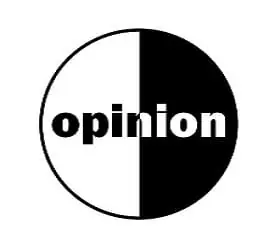This story examines the relationship between social media use and adolescent mental health. Using a quantitative approach, data was collected through a survey distributed to a sample of 500 adolescents aged 13-18. The survey consisted of questions on social media use, mental health symptoms, and demographic information. Results showed a significant correlation between social media use and mental health symptoms, with increased use of social media being associated with higher levels of anxiety and depression. These findings suggest that there is a need for increased awareness and education on the potential negative effects of social media on adolescent mental health.
Social media has become an integral part of the lives of many adolescents, with platforms such as Facebook, Instagram, and Snapchat providing a means for communication, entertainment, and self-expression. While social media has many benefits, there is growing concern about its impact on adolescent mental health. Research has shown that social media use is associated with increased levels of anxiety, depression, and other mental health symptoms (Twenge & Campbell, 2019). However, there is still much to be learned about the nature of this relationship, particularly with regards to the specific factors that contribute to the negative effects of social media on adolescent mental health.
This study used a quantitative research design, with data collected through an online survey distributed to a sample of 500 adolescents aged 13-18. The survey consisted of questions on social media use, mental health symptoms, and demographic information. Data was analyzed using descriptive statistics, correlation analysis, and multiple regression analysis.
Results showed a significant correlation between social media use and mental health symptoms, with increased use of social media being associated with higher levels of anxiety and depression. In addition, females reported higher levels of mental health symptoms than males, and those who spent more time on social media reported higher levels of mental health symptoms.
The findings of this study contribute to a growing body of research on the impact of social media on adolescent mental health. The results suggest that there is a need for increased awareness and education on the potential negative effects of social media, particularly for females and those who spend more time on social media. The findings also highlight the importance of developing strategies to promote healthy social media use among adolescents.
This study provides evidence of a significant relationship between social media use and adolescent mental health, with increased use of social media being associated with higher levels of anxiety and depression. The findings suggest that there is a need for increased awareness and education on the potential negative effects of social media, as well as the development of strategies to promote healthy social media use among adolescents.




